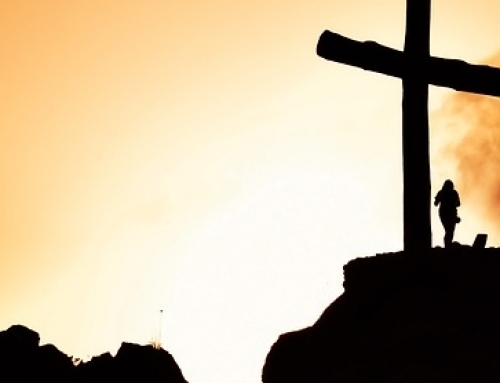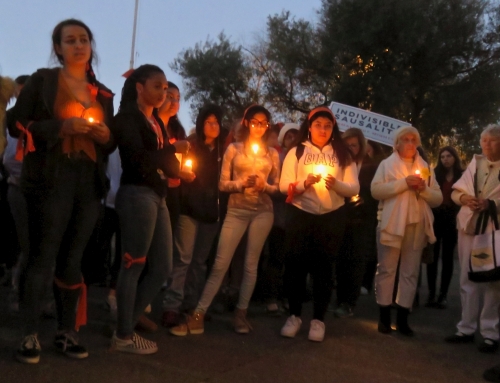The name Zaporizhzhia has become quite commonplace in the last few months. It is the location of the largest nuclear plant in Europe that once belonged to Ukraine, but since March 4th, has been under the control of Russia, Ukraine’s invaders. What has catapulted Zaporizhzhia into the news is that multiple times missiles and other explosive devices have been set off at the nuclear plant where Russian forces have set up their military base, and there have been warnings from every international community familiar with nuclear plant safety that an incident that would make the 1986 Chernobyl disaster look quite small is looming in the horizon. Despite these dire warnings, the curious rhetoric has been to blame and counter-blame, each side engaging in a war of disinformation while bullets and missiles still target Zaporizhzhia.
It reminds me of the people of Judah’s persistent quarrel with Jeremiah. He had been sent as God’s prophet to warn them of the dire consequences of sin, and his warnings in fact were far from empty. As he spoke, the forces of Babylon had amassed themselves around Jerusalem. As in Zaporizhzhia, the warheads were armed and targeted. And like the horrifying account of Chernobyl, there was a historical precedence to Jeremiah’s warning: Israel had already fallen to the Assyrians 124 years earlier because of their transgressions, and Jeremiah’s call was to witness Israel’s judgment so as to mitigate their own. Of course, they did not listen. In fact, they imprisoned Jeremiah till the Babylonians, after having crushed Jerusalem, released him. The lessons of ancient Judah and of Zaporizhzhia today are repeated in our lives. God repeatedly warns us to turn from our ways lest judgment catches up with us. A short while ago, I sat with a couple who were determined to dissolve their marriage. Forgiveness was not in their books; suspicion and accusations were in every account. Sadly, the children were bargaining chips of whose influence was greater, and families and friends were characterized as being polarized in their conflict. We would do well to pray for our families, and beyond that for the world in which we live. When history recounts the tensions of Zaporizhzhia, our children will ask, “Why don’t they just stop fighting?” When history recounts the tensions of our marriages, will our children ask the same?






